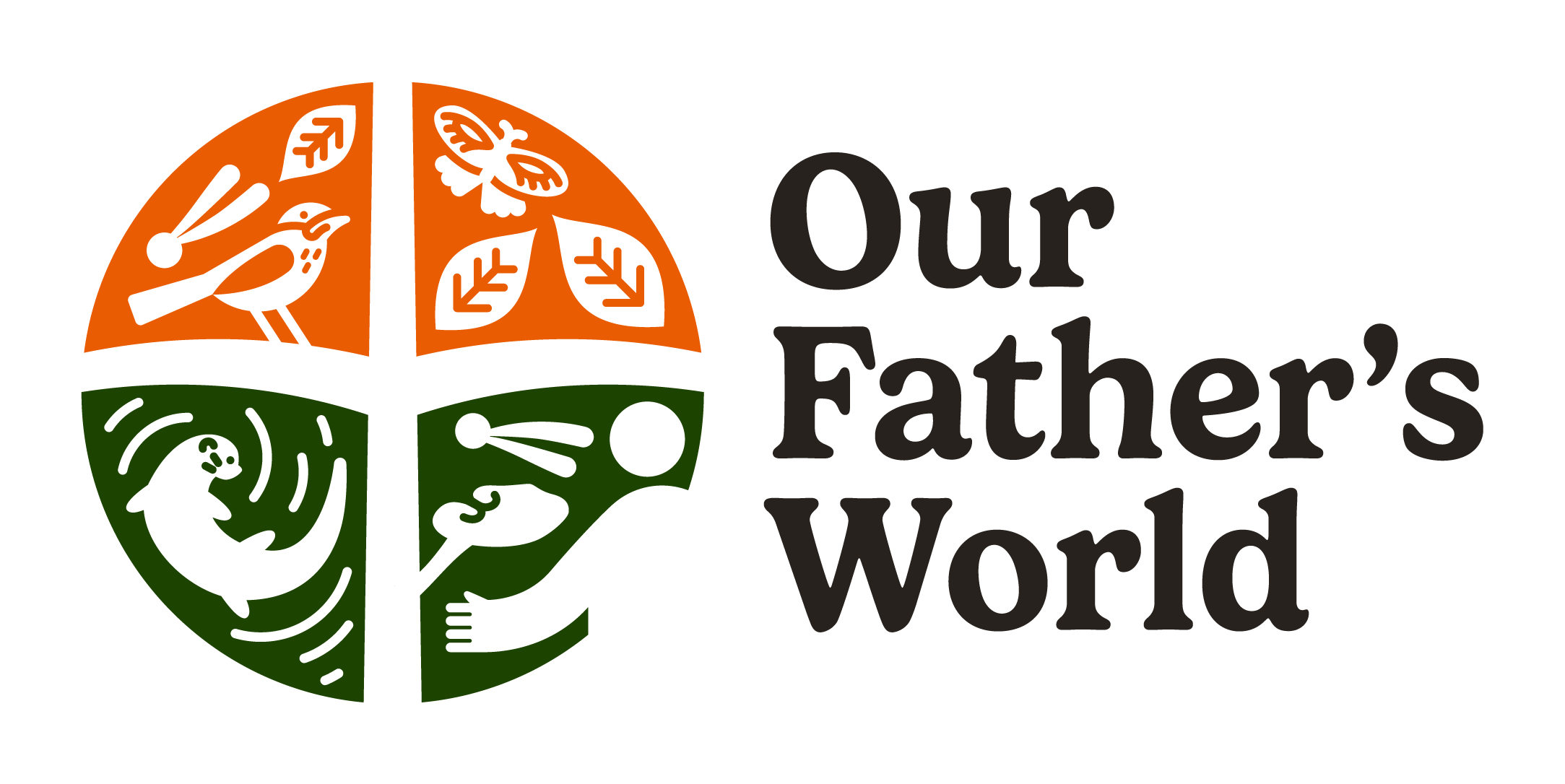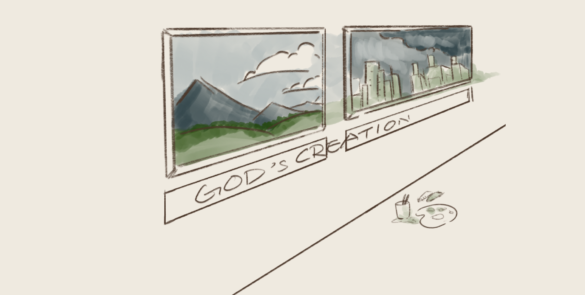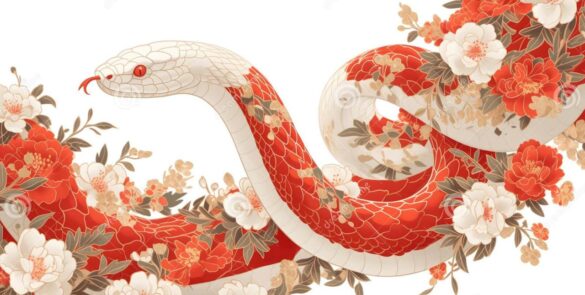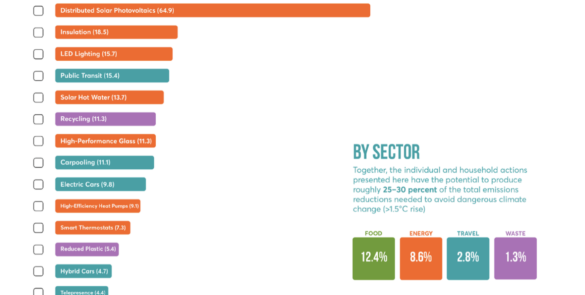To Choose Life: What it means to cultivate creation
Dennis Tan
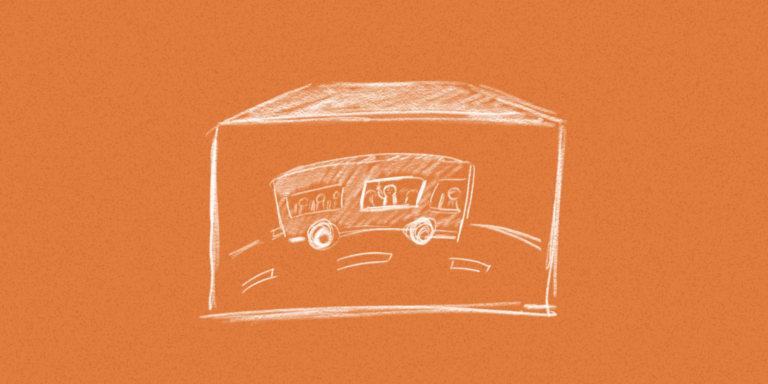
The bus I’m in trundles along the expressway, holding within its cramped confines office workers on their way to work.
As an urbanite, I seem to always find myself in a box of human origin. Four walls, the ground, and a roof. Whether it be at home, on the bus, in my office, and even at church – they surround me near-constantly.
It is unsurprising, then, that creation can seem so disparate in city dwellers’ minds. Images of God’s creation conjure up majestic mountains, towering forests, and never-ending seas, yet we often leave ourselves out of the picture. We forget that we too were made on the sixth day with the beasts and the livestock and the creeping things.
This separation may also affect the way we view that which is God’s creation. Think of skyscrapers, smartphones, and sandals. Would you say that these are God’s creations? Most would hesitate to, drawing a line between the ‘God-created world’ and the ‘human-made world’.

However, such thinking could be dangerous, and we must avoid elevating humans to the same level as our Creator. After all, who gifts us with ideas and innovation? Is it not God, who in His infinite creativity created the universe?
What about the materials that go into that which is ‘human-made’? Steel and precious metals are mined from the ground; glass originates from sand and limestone; and even plastic – which may be the most artificial material of all – comes from natural materials like crude oil or natural gas. It is only in Christ, through Christ, and for Christ that all things were created, and by Christ all things are held together (Colossians 1:16-17). We are but mere cultivators – to conscientiously mould and shape that which exists into new forms for our Creator.
Perhaps ‘mere’ is downplaying the extent of our ‘cultivation’ today. As the potter crafts clay into bowls, and the winemaker juices and ferments grapes into wine, we as humans constantly shape the world around us at immense scales today. We level mountains, divert rivers, clear forests, and drill holes in the deep of the Arctic Sea. Regrettably, much of this has happened with little concern for whether our acts are aligned with our God-given role as caretakers of creation (Genesis 2:15). It may even seem as if we, growing in our arrogance, have displaced God as Maker of the earth. Have we, like the Israelites who in their sin made desolate the Promised Land (2 Chronicles 36:20-21), exploited the earth in which we live and robbed it of its Sabbath for ourselves?
Have we become exploiters instead of cultivators?

It does seem so if you ask the subject of our actions. Creation groans, subjected to a curse wrought upon it against its will because of our sin (Romans 8:20). The earth quakes, the storms wreak havoc, and the seas – and temperatures – rise in loud protest.
But even in its suffering, creation bears eager hope, hope that it will one day be free of death and decay, as we will as believers (Romans 8:20-21). We see glimpses of this hope where exploitation stops, and cultivation happens. A glimpse was seen when the land enjoyed its rest during the Israelites’ years of exile, and today we see them in forest ecosystems recovering where they have been protected and ocean life returning when unsustainable fishing stops. With sustainable planning and an eye towards co-living with the rest of creation, even our cities can become beacons of hope.
Rather than waiting for the next time we visit a park or other ‘natural’ places, we must cultivate creation starting in the very cities in which we live. Through our everyday actions, we can transform our spaces to nurture creation, and remove any separation we imagine between ourselves and the land. As God’s stewards, when we choose to cultivate, we choose life.
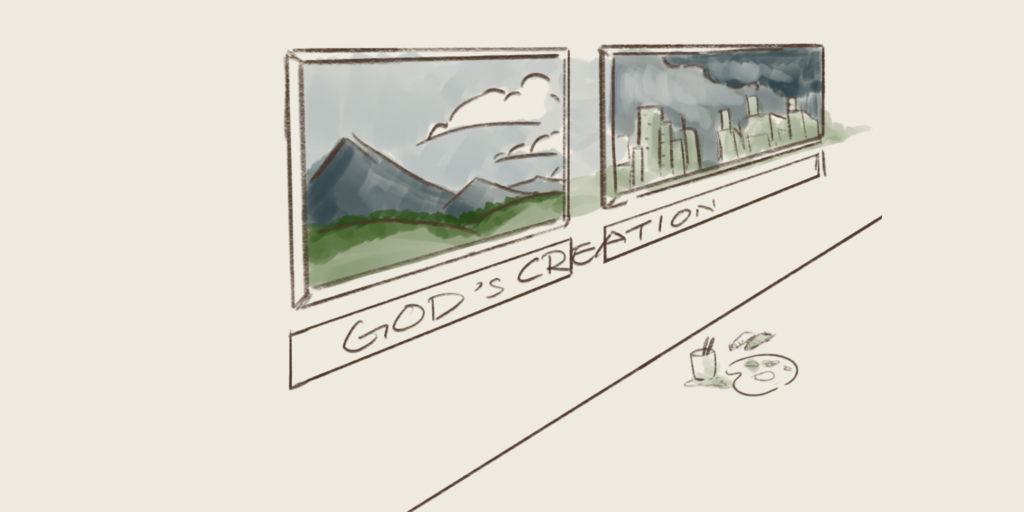
Prayer
O Creator of All, we thank you for the honour to be Your cultivators. We repent for we have not been faithful in our cultivation of creation, instead focused only on our self-gain at the expense of the earth. In humility, we ask for your grace and help to transform our ways and spaces such that we may choose to obey You in our cultivation, and in so doing, to choose life over death. Amen.
Reflection Questions
- Do you see the spaces you inhabit as “God’s creation”? Has that changed after reading this reflection?
- Think creatively: In what ways do your everyday actions – at home, at work, and in church – affect the rest of creation?
- How can you transform your actions and spaces to better reflect your role as God’s cultivator?
To Choose Life: What it means to cultivate creation
To Choose Life: What it means to cultivate creation Dennis Tan The bus I’m in trundles along the expressway, holding within its cramped confines office workers on their way to work. As an urbanite, I seem to always find myself…
Snakes: Friends or Foe?
Snakes: Friend or Foe? Louisa Gavriella Ho Festive preparations are underway as ethnic Chinese in Singapore transition from the outgoing year of the Dragon to the incoming Snake year. Despite the two creature’s physical similarities, little fanfare is being showered…
Choose Foods that Fuel Your Faith, Health, Finances and Care for Creation
Choose Foods that Fuel Your Faith, Health, Finances and Care for Creation Richard Hartung Delicious meals and great food with family or friends are essential pieces of our lives. In Singapore, food is even part of our national identity. Yet…
